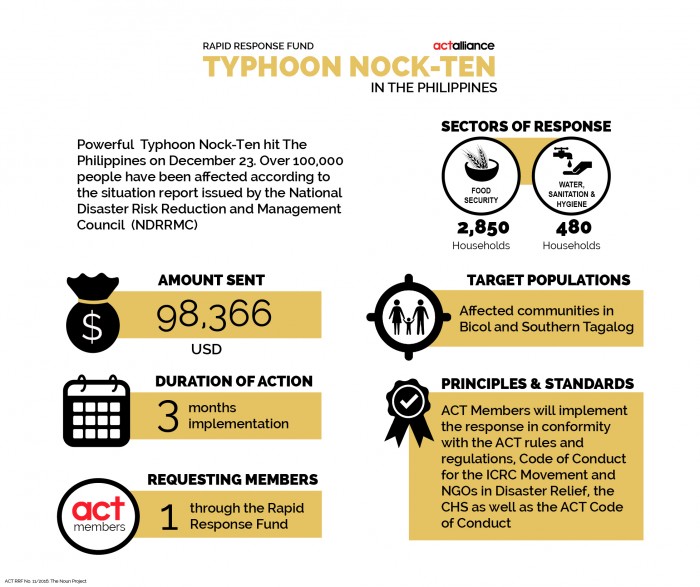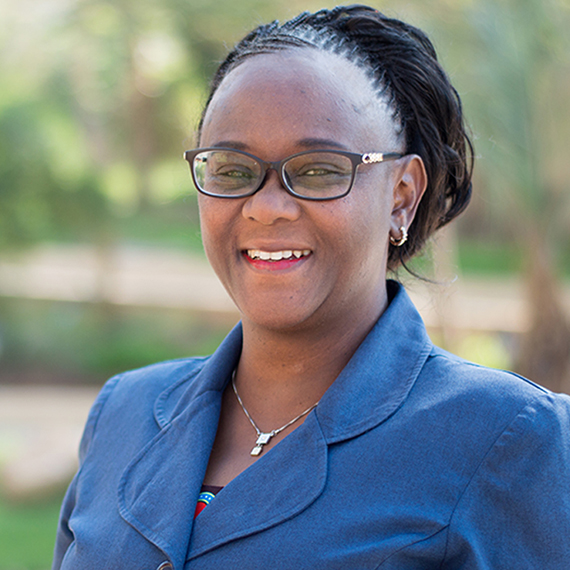A 6.5 Richter scale earthquake with the depth of 10 km struck Aceh Province in Pidie Jaya District at 05:03 am on 7 December 2016. The earthquake did not generate a tsunami; however many buildings in several areas collapsed. In addition to Pidie Jaya, both Pidie and Bireun districts were affected; butPidie Jaya District was the hardest hit,requiring temporary shelters in 6 sub-districts: Bandar Baru (272 persons), Trienggadeng (1,099 persons), Meureudu (4,000 persons), MeurahDua (4,270 persons), Ulim (200 persons), and LuengPutu (460 persons)[1]. In total, at least 10,301 displaced people were relocated to temporary shelters, with some estimates putting the total number of displaced people at 43,000.Based on the release from news local media, BNPB (National Disaster Management Agency) and the Crisis Centre of Ministry of Health about the severity of the situation as of 11 December 2016, there were 102 deaths, 136 severely injuries (mostly broken bones) and 600 persons minor injuries reported.On December 9, the infrastructure damage report in Pidie Jaya District alone, revealed 2,874 severely damaged houses, one heavily damaged hospital, 234 collapsed shops, 29 damaged mosques, 3 damaged pesantren (Koranic schools) and one damaged college building.For transportation access, although many roads were cracked, they are still accessible for the delivery of relief supplies. Assessments are ongoing, and there have been many challenges in compiling accurate, disaggregated data.The government of Aceh province announced a state of emergency until 20 December 2016 with the possibility for a prolonged crisis response. While there is already a command post in place, and primary responsibility for the response has been taken by the provincial government, there are significant challenges to info-data collection, coordination and decision-making. The national government has taken on a support role.[1]Pusdatin BPBA (Data and Information Centre of Aceh Disaster Management Agency) at 08:30 a.m., 9 December 2016.RRFs_Indonesia: Earthquake in Pidie Jaya district Nangroe Aceh Darussalam_No.RRF 10/2017
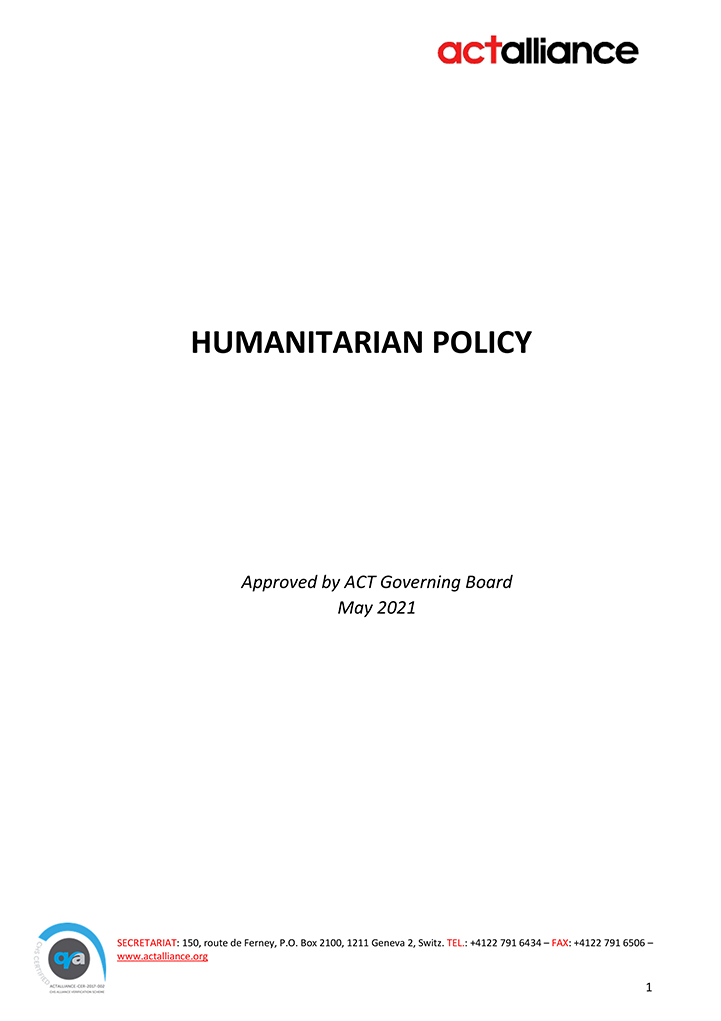
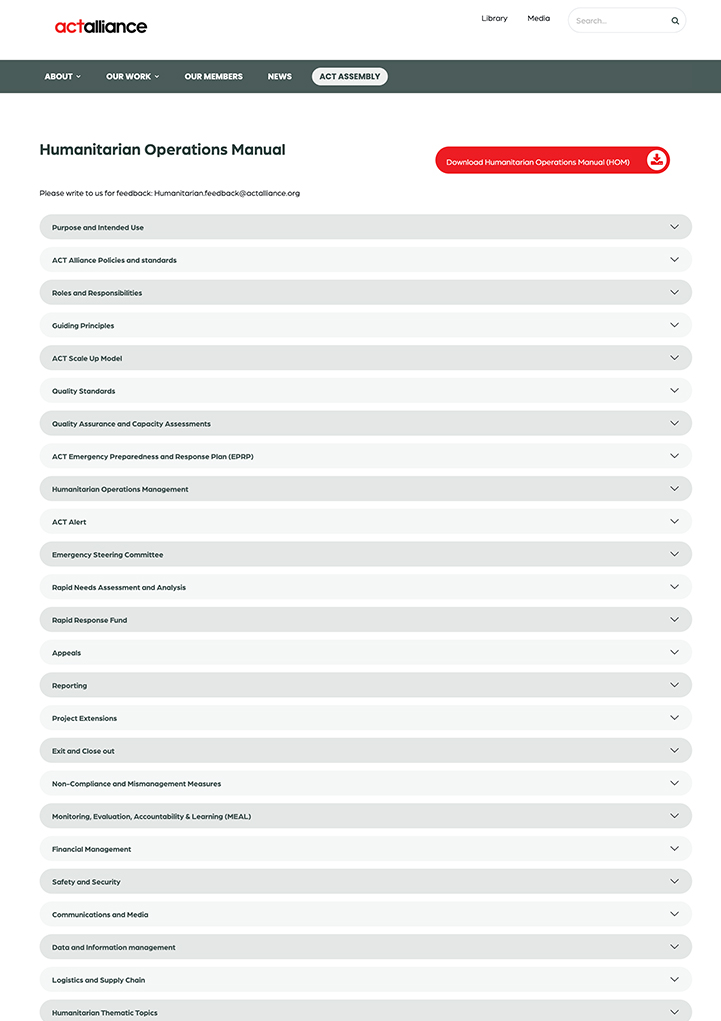





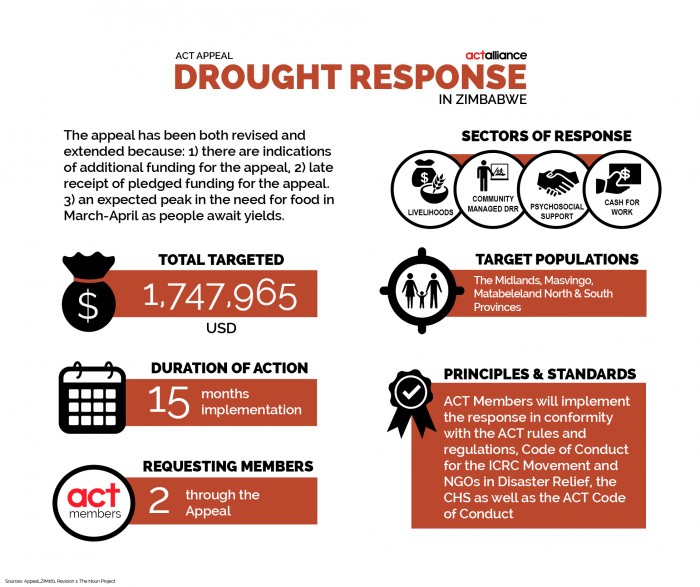
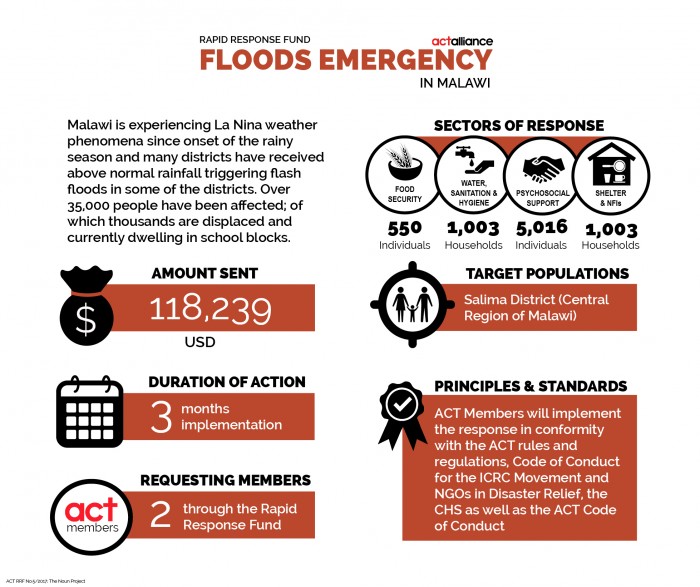 Credit: Valter Hugo Muniz/ACT[/caption]
Credit: Valter Hugo Muniz/ACT[/caption]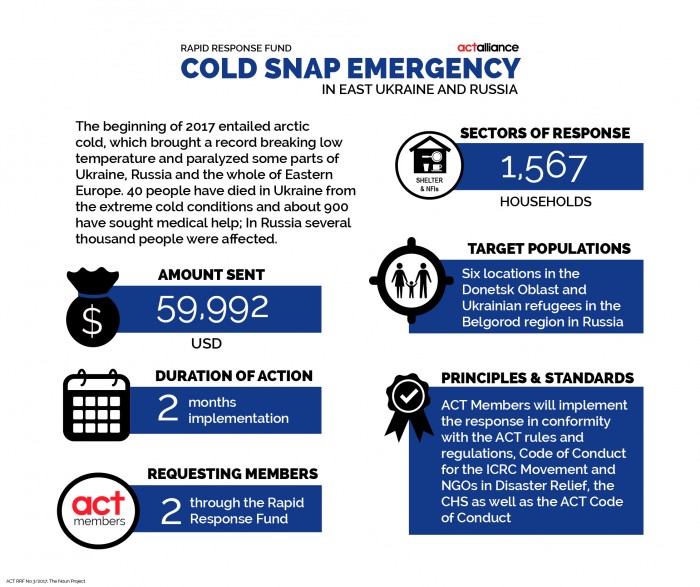 Credit: Valter Hugo Muniz/ACT[/caption]
Credit: Valter Hugo Muniz/ACT[/caption]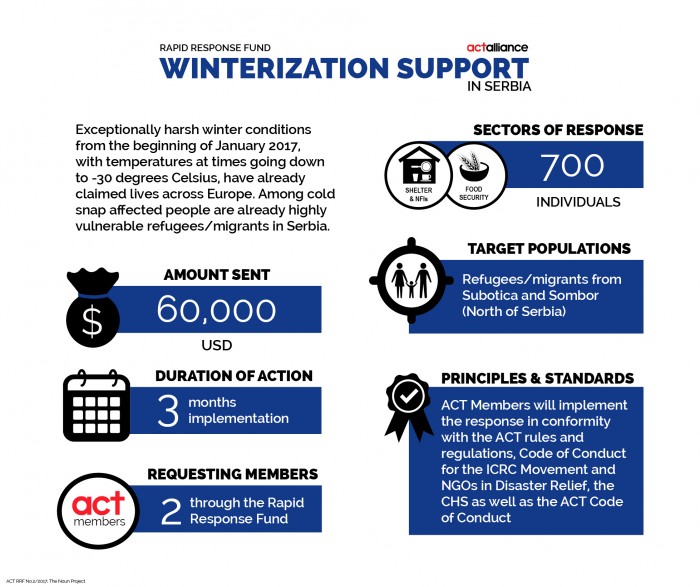 Credit: Valter Hugo Muniz/ACT[/caption]
Credit: Valter Hugo Muniz/ACT[/caption]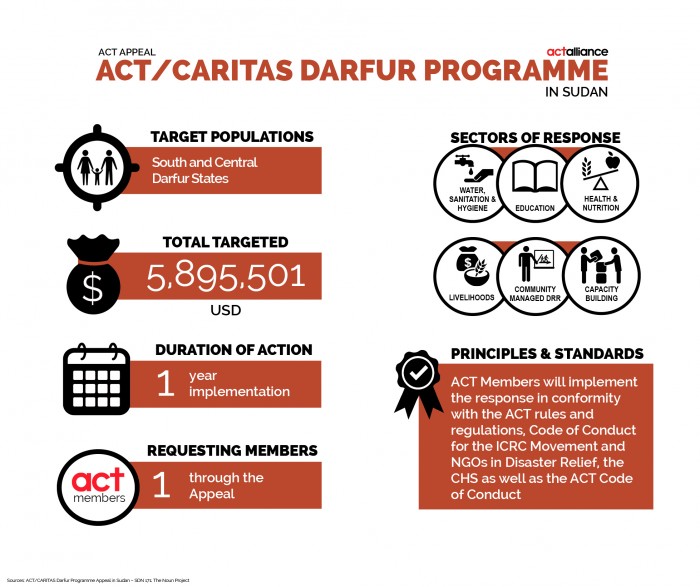
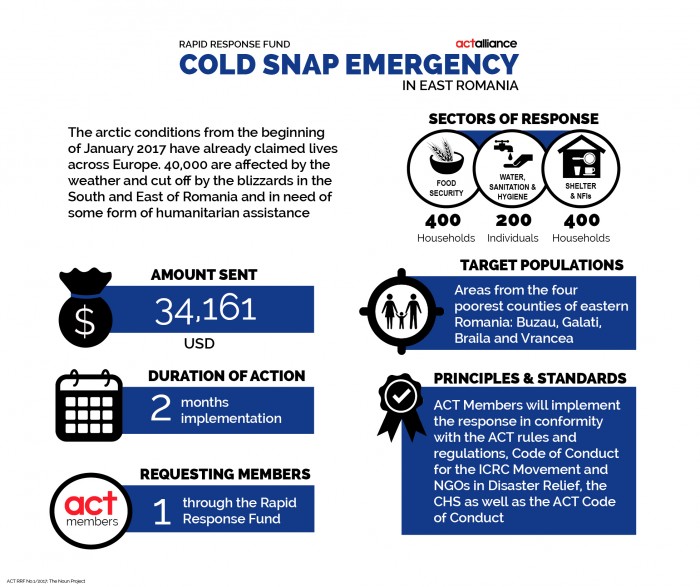 Credit: V.Muniz[/caption]
Credit: V.Muniz[/caption]